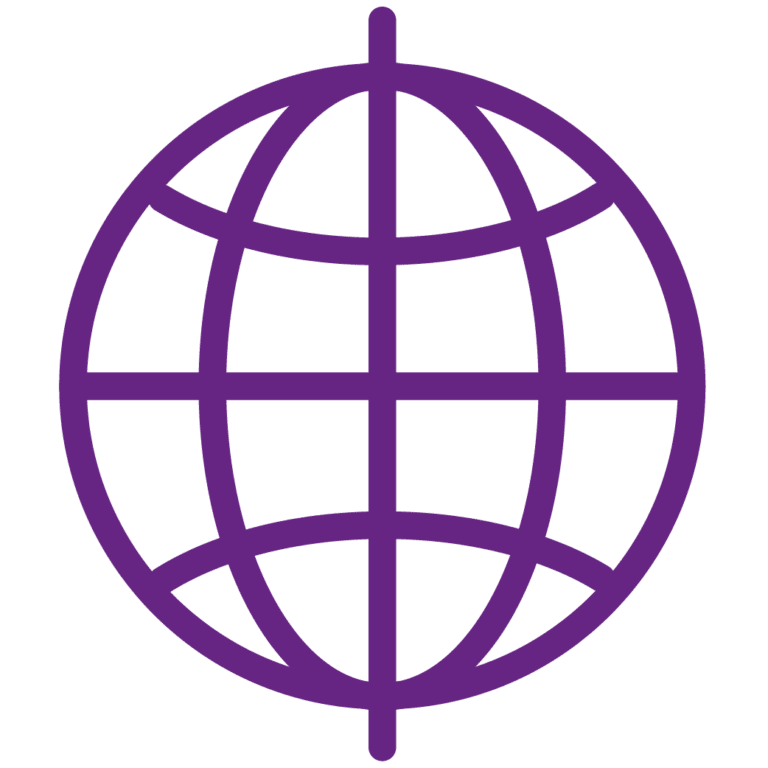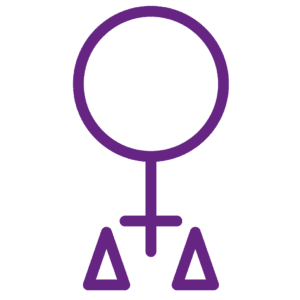Tunisia is located in the Middle East and North Africa (MENA) region, near Africa’s margins with Europe. Since 2011, the country has undergone profound transformations, including the fall of President Zine El Abidine Ben Ali’s dictatorial regime; peaceful mass uprisings calling for more freedoms and an improvement in people’s economic situation; the adoption of a new constitution the first free legislative and presidential elections in 2014; and the first free municipal elections in 2018.
Tunisia played a pioneering role in and had a ripple effect on the expression of democratic will in many Arab countries during the Arab Spring of 2011.
In 2019, Ennahda, a party that emerged from a historic moderate Islamist movement, became the leading political force in the Assembly of People’s Representatives, with six parties sharing the other seats. However, the failure of its prime ministerial candidate to win the confidence of the assembly set off major political tensions and an institutional crisis. Tunisia is currently experiencing a democratic backslide and a gradual return to autocracy.
In 2021, President Kais Saied proclaimed a constitutional exception that expanded his powers. He then suspended the Assembly of People’s Representatives and initiated institutional reforms. A new, more restrictive constitution was approved in a low-turnout referendum in July 2022. Successive legislative elections, too, have had low turnouts.
Since the 2011 revolution, Tunisia has gained increased international visibility. The state maintains good relations with its Maghrebi neighbours, with whom it shares an interest in combatting extremism. Tunisia is developing a new diplomatic strategy with respect to the MENA region whilst strengthening its Euro-Mediterranean ties. Tunisia is a designated “privileged partner” of the European Union, which is by far its largest trade partner. The tourism industry suffered enormously in the wake of the COVID-19 pandemic, increasing Tunisia’s need for financing, prompting it to turn to traditional donors including Canada.
Several sectors of the Tunisian economy, especially agriculture, need to be modernized and optimized. International donors are promoting liberal reforms, given that the president is considered autocratic by most Tunisians. This situation is fuelling social crises, making Tunisia a hotbed of mass protests motivated by economic and democratic concerns.
Tunisian society is also facing a major crisis of migration to Europe, especially from Greater Tunis and the northeastern and central-eastern regions. One in three emigrants is highly educated (doctors, engineers, etc.), with the completely uneducated constituting a tiny minority (3 per cent). This trend has become more pronounced in recent years. Local NGOs also estimate that there are some 40,000 sub-Saharan migrants in the country. They are a source of cheap, informal labour whom many exploit and often abuse. Their irregular, underground work used to be tolerated by the Tunisian state.
By 2023, however, hate speech against these migrants had spread to the highest echelons of the state, encouraged by the ascendant Tunisian Nationalist Party. The repression of such “irregulars” has reached new heights, with hundreds of sub-Saharan migrants being forcibly deported to desert areas along the border with Algeria and Libya.
Climate change, too, has not spared Tunisia. Its manifestations have included longer droughts and disappearing oases. Added to these is the corrupt, shortsighted public- and private-sector mismanagement of the country’s natural resources.






For the past 10 years, Development and Peace ― Caritas Canada has been working with people facing structural change, impoverishment and exclusion in Tunisia. We promote the right to information; democratic participation; economic, social and environmental rights; and access to water and food sovereignty, by supporting Tunisian civil society organizations that have developed expertise in these areas.
Our work focusses on:
We will closely monitor the impact of political developments on our partners in Tunisia. Working with our Canadian and CIDSE allies, we will develop an appropriate advocacy response.
We will also continue working with Caritas Internationalis to support its member agencies’ defence of migrants’ rights in the Maghreb, Africa, the MENA region and Europe.
About us
Our work
Get involved
Ways to give
Resources
Get in touch
555 René-Lévesque Blvd. West, 8th Floor
Montreal (Quebec) Canada H2Z 1B1
Phone: 514-257-8711
Toll-free: 1-888-234-8533
Fax: 514-257-8497
Email: info@devp.org
Charity number: 1 1882 9902 RR 0001


Our international cooperation program is carried out in part with the financial support of the Government of Canada acting through Global Affairs Canada.
Development and Peace — Caritas Canada is the official international solidarity organization of the Catholic Church in Canada and the Canadian member of Caritas Internationalis.
Copyrights © 2024
Don’t miss anything about the work of our international partners or our awareness and mobilization campaigns.
Sign up now for our newsletter.